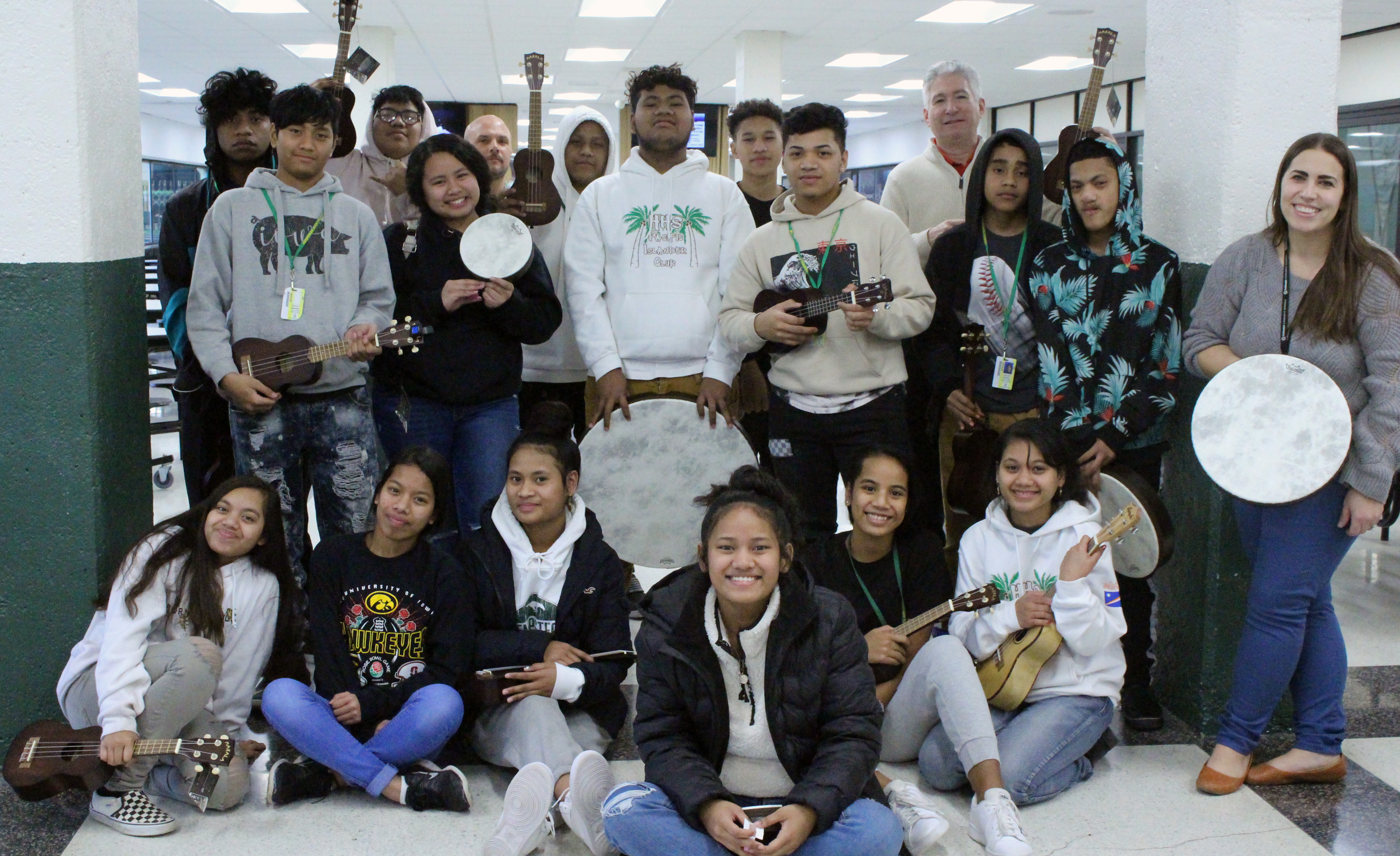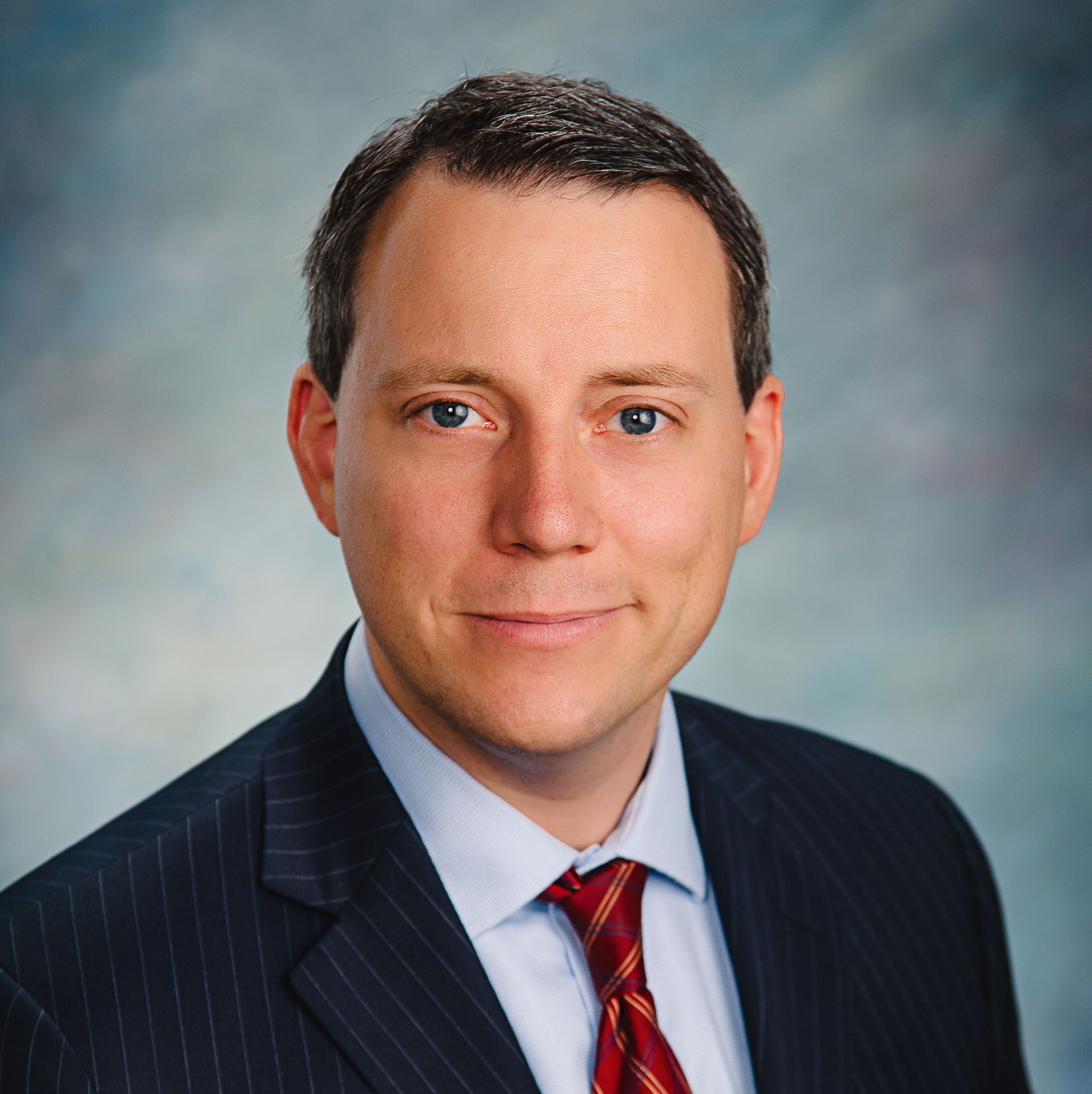Immigration Community Assessment Focuses on Closing Service Gaps

The Community Foundation of Greater Dubuque has published its Immigration Community Assessment with the support of local religious sisters.
People born outside the United States represent the fastest-growing population sector in the Dubuque region, providing both opportunities and challenges as more newcomers call Iowa home. Over 46% of the growth in Dubuque and 97% of the growth in the seven-country region is attributed to immigration.
To support these growing communities and the organizations that serve them, the Community Foundation of Greater Dubuque recently concluded a four-year effort with the release of the Immigration Community Assessment, undertaken with the support of the Dubuque Religious Sisters Collaborative.
The extensive report is the result of a collective effort that is designed to serve as a strategic roadmap for service providers to use during the next five to 10 years
“The assessment address more than just barriers,” says Alex Baum, the Foundation’s director of advocacy, data and learning, who oversaw the project. “It speaks to the incredible resources we have in the community because of these populations. The hope is that the assessment unleashes everything we are able to do for the benefit of the region to help make it more vibrant.”
The assessment provides 10 recommendations that were developed with the input and prioritization of local immigrant communities. Four key areas were highlighted:
- Building capacity to provide resources
- Improving service provider outreach
- Enhancing system navigation
- Expanding cultural offerings
Creating a system for building service provider capacity is essential to help reduce the reliance on volunteers and provide stronger connection points for immigrants.
The report also identifies a top priority: The need to create a system that can identify and connect immigrants with service providers to reduce the reliance on volunteers.
“It is a demographic necessity for the community to address immigrant needs,” says Baum. “The assessment recommends giving resources to the people with relationships and removing some of the obstacles disconnecting them from the rest of the community, whether that be linguistic, cultural or geographic barriers.”
Many organizations provide focused work on immigration services, but until 2019 no one was looking at the larger picture. Some organizations and local leaders had begun to connect with immigrants to hear about their priorities and experiences, but not until the Religious Sisters provided a two-year, $100,000 grant did a comprehensive, evidence-based assessment occur.
“We needed a deeper understanding of how our community could support immigrant newcomers in navigating the various systems for finding housing, jobs and services,” says Sr. LaDonna Manternach, BVM, president of the Sisters of Charity of the Blessed Virgin Mary congregation. “The Immigration Community Assessment broadened our view and pulled together a variety of resources.”
The assessment is designed to serve as a toolkit for the community, and it is structured to allow service providers to make progress on tangible deliverables.
“It is part of our responsibility to bring knowledge to the community so local leaders and providers can make informed decisions,” says Baum. “The Foundation is able to play a connector role and focus on how to make our community a place where every resident is able to thrive.”
Learn More
